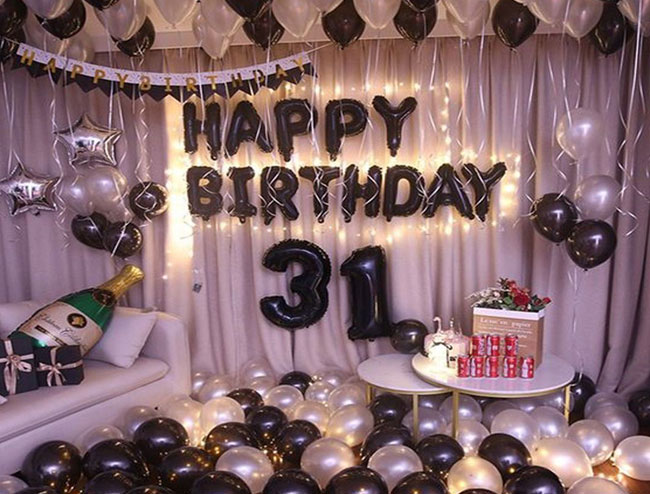Birthday parties are a time-honored tradition: cake, presents, and a few games are enjoyed by children and adults of all ages. When you’re the one being honored, birthday celebrations are fantastic. However, organizing a birthday party for a child can be a difficult effort for parents. The thought of throwing a party might be overwhelming for some people.
Others may be put off by the cost of having a birthday celebration. We recognize the difficulties that can arise when it’s time for another birthday, but don’t overlook the significance of a birthday celebration. Before you decide to miss the birthday party, consider the following reasons why children value celebrations:
Respect for your child
A birthday party is a terrific place to start if you’re seeking simple ways to help your youngster enhance their self-esteem. A birthday celebration is also a terrific method to educate your children on how to celebrate and honor one other’s milestones if you have more than one child. A birthday party is an excellent way to make your child feel unique just for being themselves.

Make a Memory
Sure, there’s the psychology of birthday celebrations to consider, but the value of commemorating your child’s birthday may also be found in the pages of family photo albums. As your child gets older, he or she will spend more time making memories with pals. They’ll go places without you, do new things without you, and have a lot of experiences without you. As a result, make the most of your time together. Planning a party and creating the best party decorations and food preparations provides you the opportunity to create memories with your child, which you may both treasure for years to come.
Friendships are encouraged.
Birthday parties provide an opportunity for youngsters to socialize outside of the classroom. They are not required to sit quietly at their desks, nor are they involved in academic activities. Instead, they’re having fun and participating in things that everyone enjoys.
Recognize the passage of time
You’re teaching your child about their age, growth, and other ideas of time, such as dates, months, and years, when you make a point to celebrate, especially when it’s a preschooler’s birthday.
Children, like adults, naturally look forward to growing up. You can give kids milestones to look forward to by telling them about birthdays, such as becoming old enough to drive, getting their ears pierced, or going to college.
Socialization
When you encourage your child to spend time with other children in groups — large or little — you’re giving them the opportunity to practice socialization in groups. They can put everything you’ve taught them at home into practice, such as how to hold a conversation, interact with people, and handle conflict when it comes.


